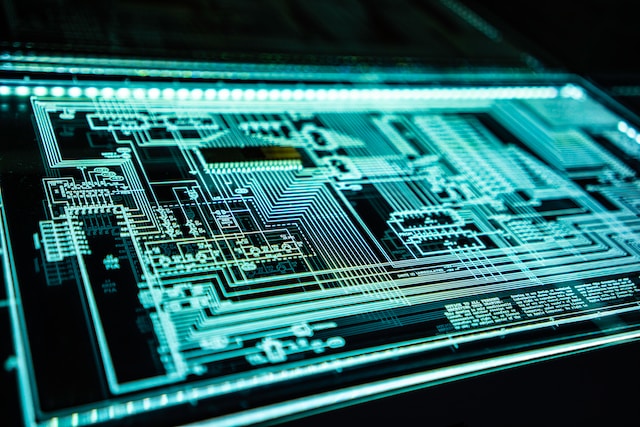As we fast-forward or rewind the natural body clock passing through different time zones, our body’s clock differs from our wristwatch, making us feel sleep and disoriented.
We call this jet lag, which is basically disruption of our circadian rhythms. Our body’s clock eventually resets itself, but the process often takes a few days.
How the body clock works:
A human body’s circadian rhythms are physical, mental and behavioral changes that follow a roughly 24-hour cycle. They regulate every physiological process such as blood pressure, body temperature, and rest-sleep cycles.
Circadian rhythms can influence sleep-wake cycles, hormone release and other important bodily functions. They are responsible for various sleep disorders, obesity, diabetes and depression etc.
Our biological clocks drive our circadian rhythms. Every human cell has four genes: Cryptochrome, Period, CLOCK and BMAL1. The way they interact in order to control our physiology is called the circadian clock.
Researchers at the University of North Carolina’s school of medicine have found that two genes – Period and Cryptochrome – have complementary roles. They keep the circadian clocks in all human cells in time and in proper rhythm with the 24-hour day.
Since DNA repair is also controlled by circadian clock, this finding can help in the development of drugs for diseases such as cancer, diabetes, and conditions like metabolic syndrome, insomnia, obesity and even jet lag.







